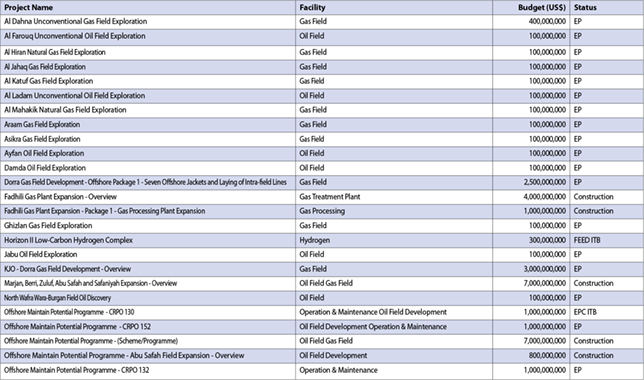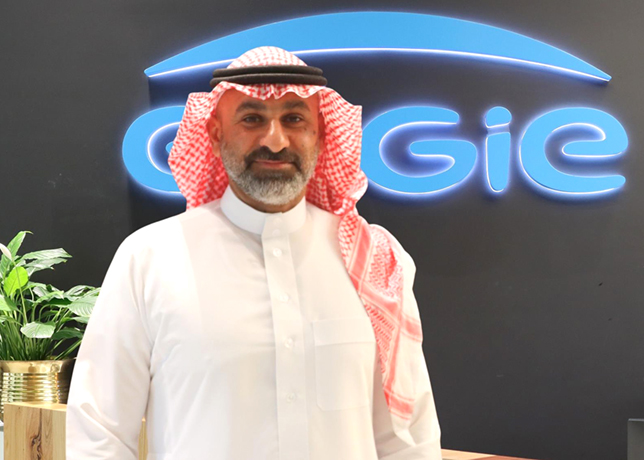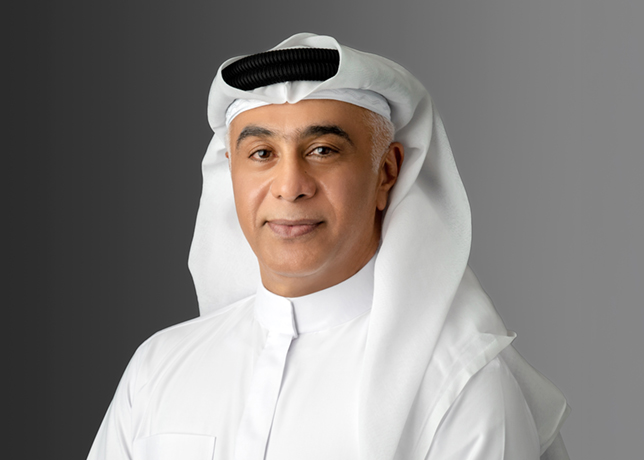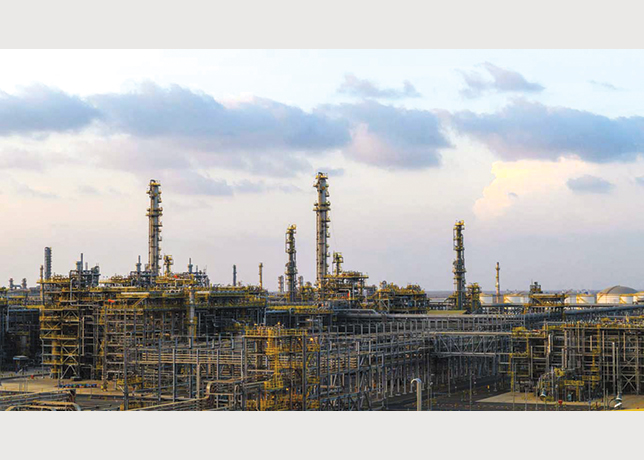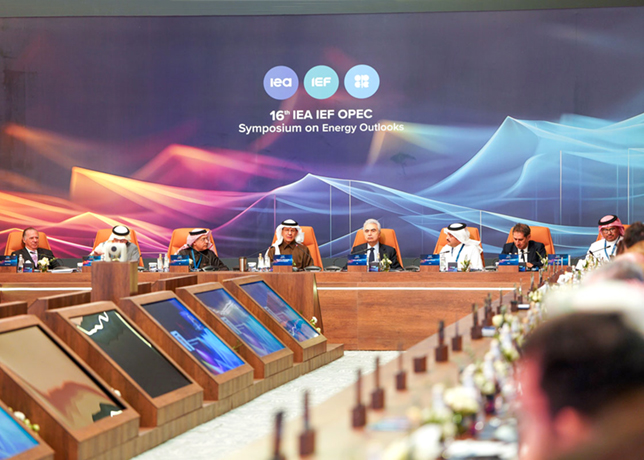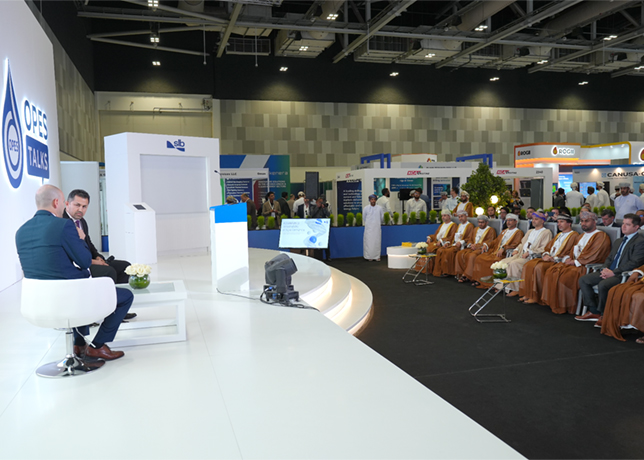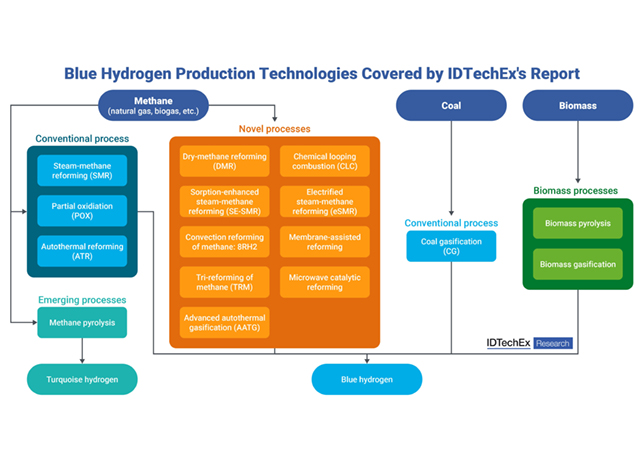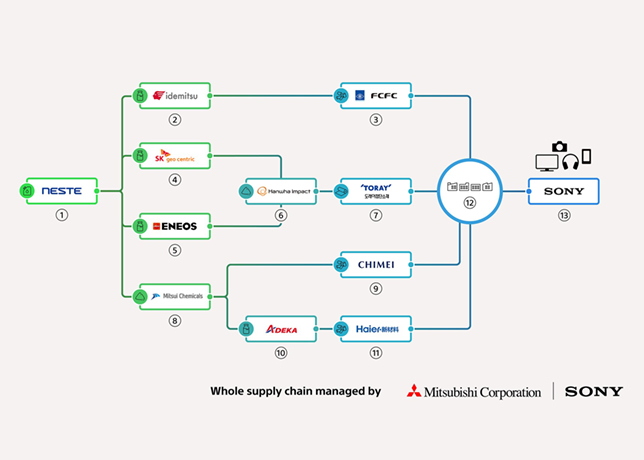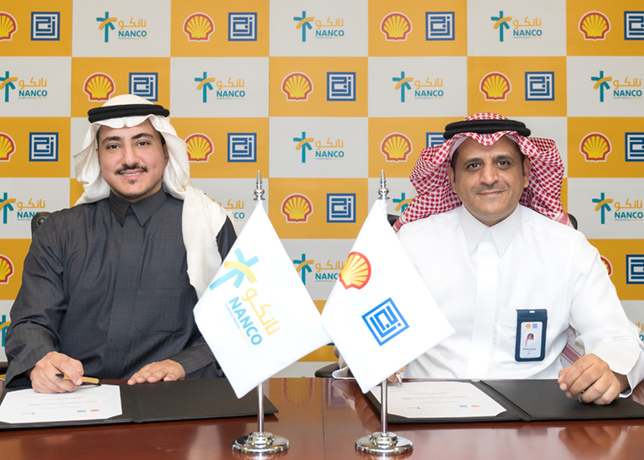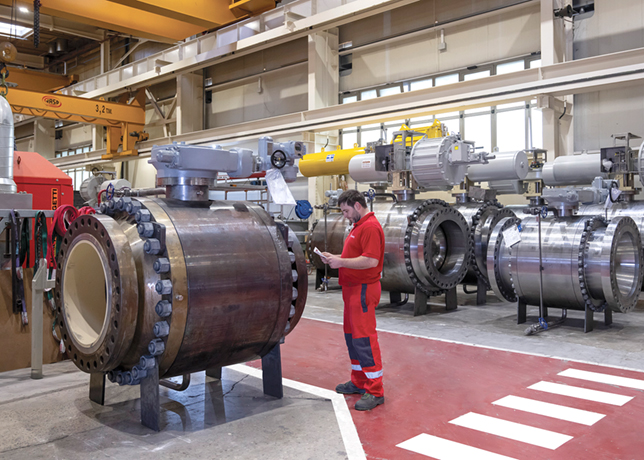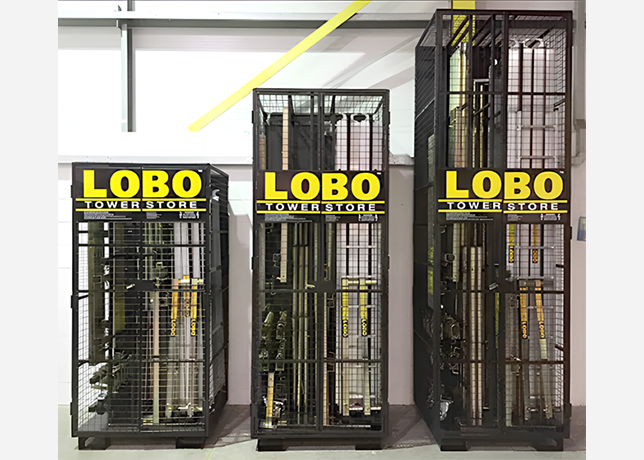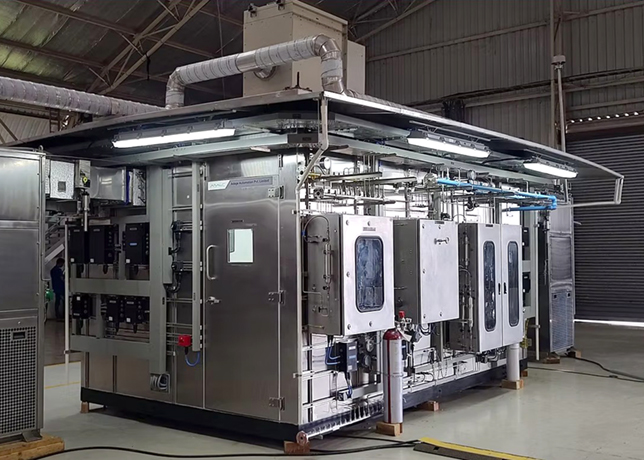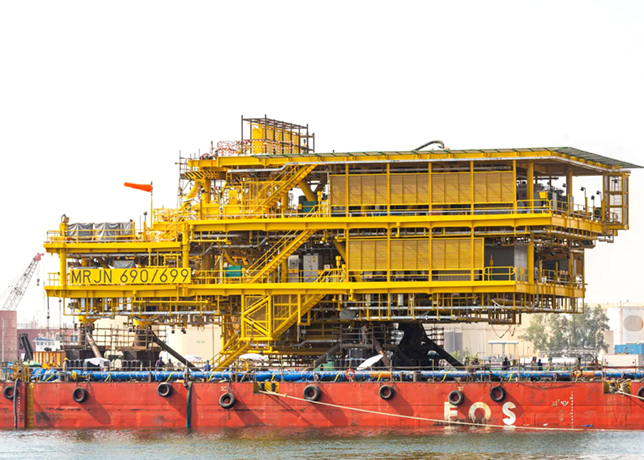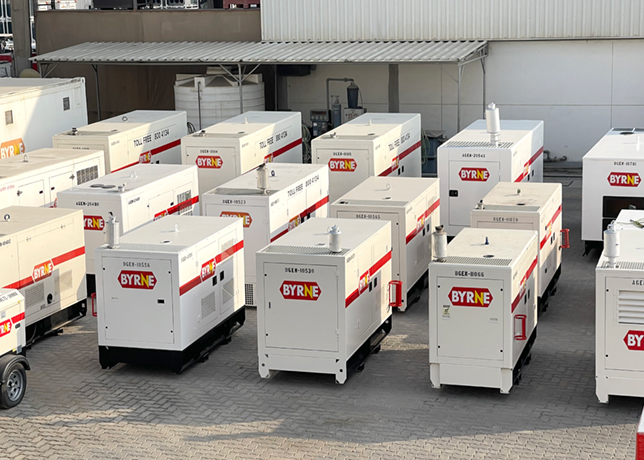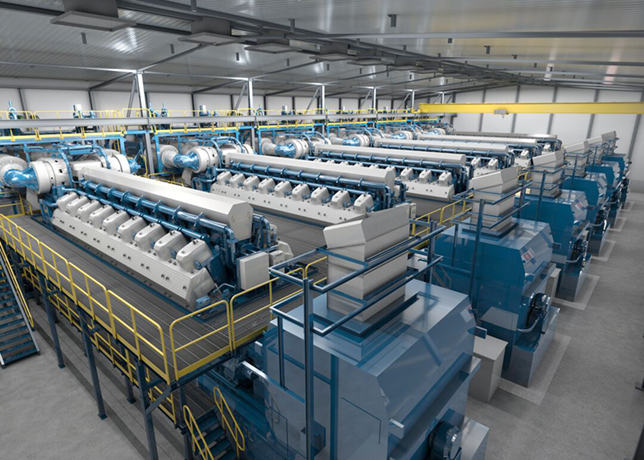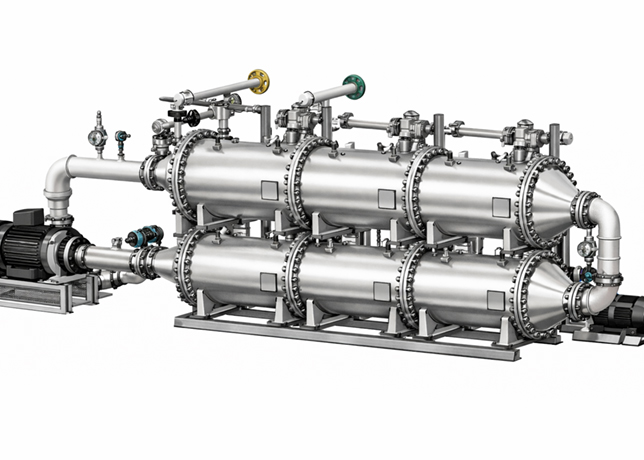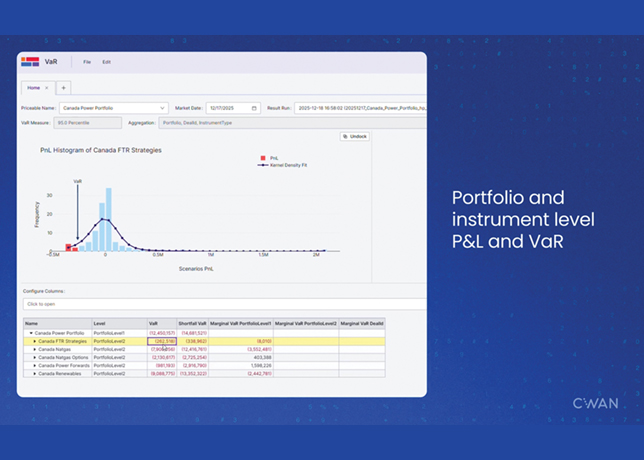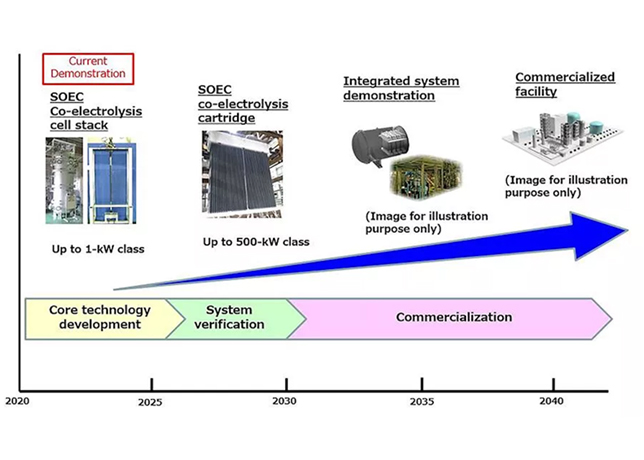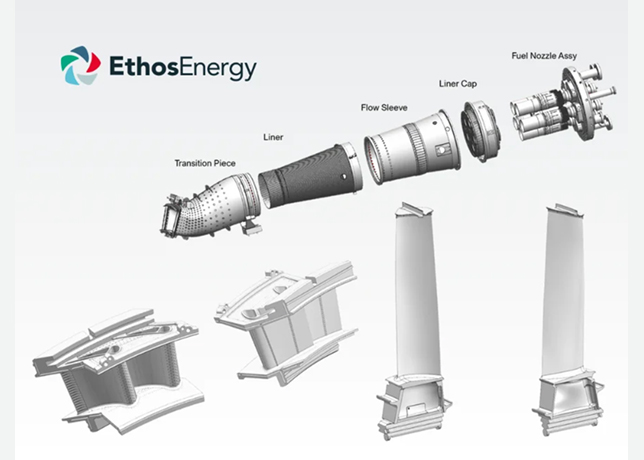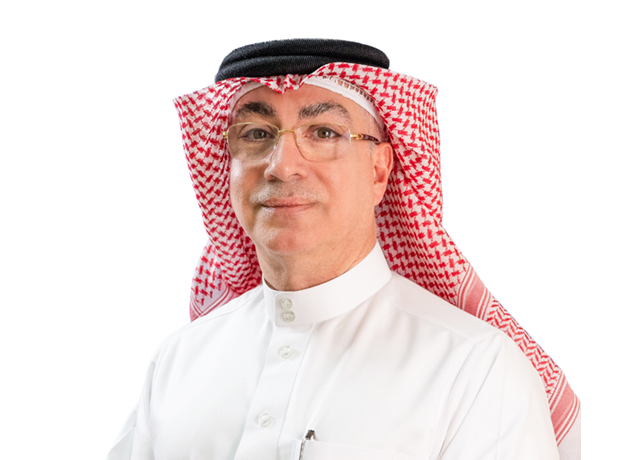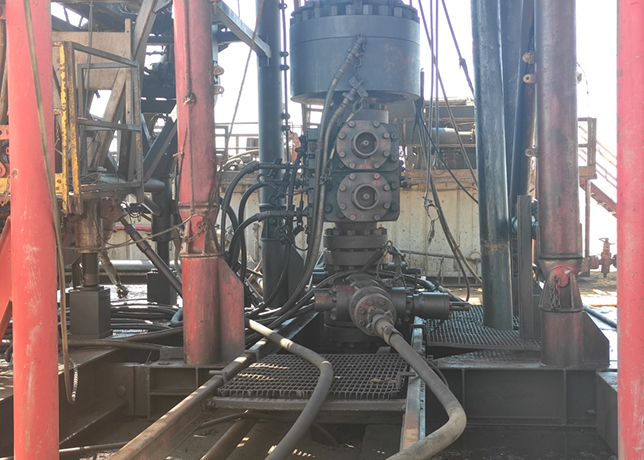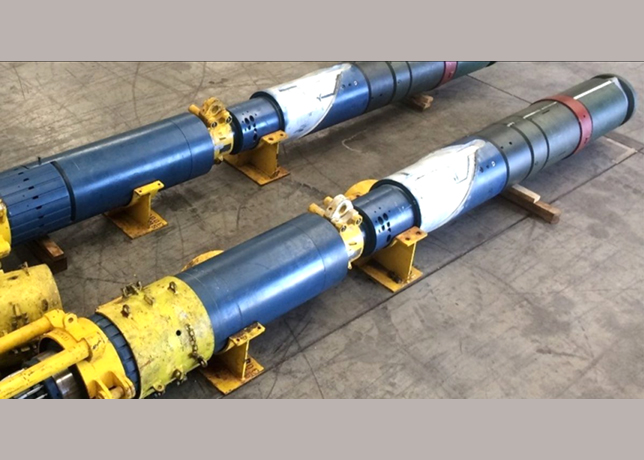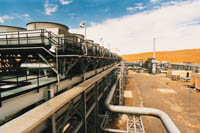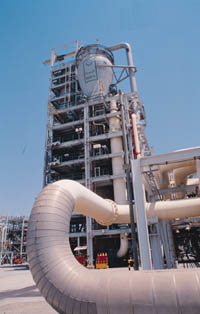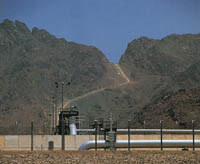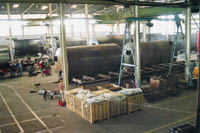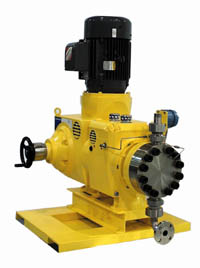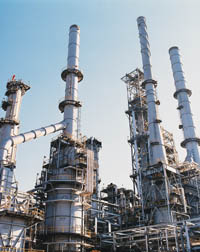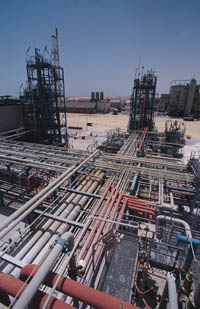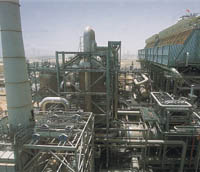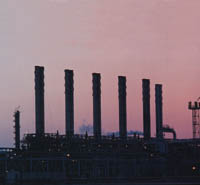
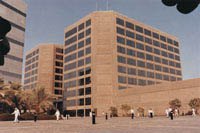 The Engineering and EXPEC centres at Saudi Aramco
The Engineering and EXPEC centres at Saudi Aramco
New equipment installed at Saudi Aramco's Exploration and Petroleum Engineering Centre (EXPEC) has doubled the facility's already vast supercomputing capacity.
The project, involving the installation of IBM computers will, according to Saudi Aramco, enable the company to meet projected growth in oil and gas demand.
The computer upgrades for seismic processing and reservoir simulation are expected to better support the company's expanded exploration and field development activities.
Now, EXPEC is one of the most powerful supercomputing geoscience centres in the oil industry, with enhanced capacity to process seismic data and improve the resolution of reservoir-simulation models.
These models describe the elusive parameters of oil and gas fields by helping pinpoint where to drill exploratory, or ''wildcat'', wells and how to effectively increase production, according to the company.
''By using advanced processing of three-dimensional seismic surveys, the costs of this computing power are minimal compared to the savings realised in making more informed decisions about drilling and exploration,'' said Ahmed A Metwalli, acting general manager of the EXPEC Computing Centre (ECC).
''This makes such computing power one of the best examples of economic leverage in the oil industry.''
The new seismic processing platform has 512 processors. Seismic data is kept on a huge, on-line magnetic-disk ''farm'' comprised of almost 7,000 disks with a combined capacity of 190 terabytes (one terabyte equals 1,024 gigabytes). This represents a 200-fold increase in terabyte capacity since 1993.
The reservoir-simulation supercomputer platform will be used primarily to run Saudi Aramco's parallel reservoir simulator, POWERS.
Saudi Aramco is also able to exploit the lower cost of data acquisition while reaping the benefits of higher resolution and improved data quality.
New imaging techniques made possible with the upgrades are especially important with Saudi Aramco's current exploration targets: difficult-to-image, deep non-associated gas reservoirs, according to the company.
The new technology is also expected to pay off in optimised rates of new-well drilling, improved management of mature reservoirs, lower facilities-planning costs, increased ultimate oil recovery and new hydrocarbon reserves, ECC officials have said.



